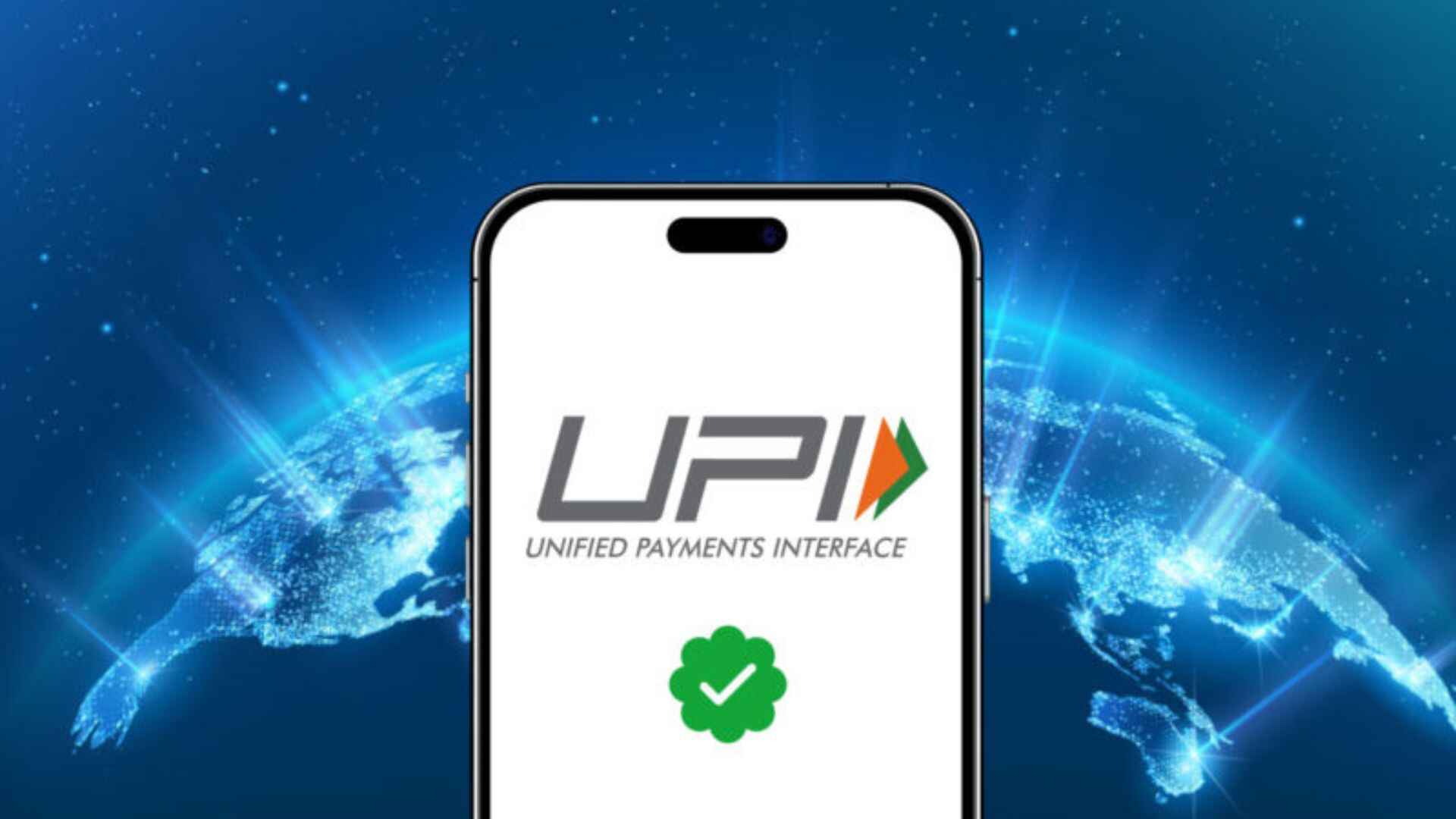Trinidad and Tobago is the first Caribbean nation to implement a system similar to UPI.
New Delhi: On 26 September, the National Payments Corporation of India (NPCI) signed a strategic agreement with the Ministry of Digital Transformation (MDT) of Trinidad and Tobago to develop a real-time payments platform modelled after India’s Unified Payments Interface (UPI) to make seamless bank transactions through mobile devices.
This makes Trinidad and Tobago the first Caribbean nation to implement a system similar to UPI. The objective of this collaboration, as per documents, is to establish an efficient platform for person-to-person (P2P) and person-to-merchant (P2M) transactions, aimed at enhancing the digital payment landscape and promoting financial inclusion in the Caribbean country.
This partnership, while building on the existing ties between India and Trinidad and Tobago, will modernize Trinidad and Tobago’s financial ecosystem, increasing accessibility and connectivity with both domestic and international payment networks. The rollout of this new system is expected to take place by late 2026 or early 2027.
Working silently in the background, avoiding large-scale noise, promotion and self-praise, the NPCI is actively expanding UPI’s global influence through its international arm, NPCI International Payments Limited (NIPL).
As a part of this, it is focusing on infrastructure development and interoperability with Indian payment systems, helping other nations build their digital payment frameworks.
By broadening UPI’s footprint, which is also seen as a part of soft diplomacy, India is not only strengthening these ties but also gaining strategic advantages, enhancing its economic influence and securing new markets for its technology.
Earlier, the organisation had established partnerships with the Bank of Namibia and the Central Bank of Peru to assist them in developing their own real-time payment systems akin to UPI.
More significantly, UPI is currently operational in seven countries, allowing Indian travellers and Non-Resident Indians (NRIs) to use the platform for merchant payments.
These countries include Sri Lanka, Mauritius, France (at select merchants), the United Arab Emirates, Singapore, Bhutan, and Nepal. Additionally, the UPI-PayNow linkage has been implemented between India and Singapore, enabling P2P remittances between the two nations.
Official sources said that, with the success of UPI in India, with nearly 15 billion transactions recorded in August 2024, amounting to an estimated value of US$245 billion, it is looking at more international partnerships with foreign central banks and governments.
NIPL aims to share India’s technological advancements in digital payments while providing foreign entities with the expertise required to establish their own sovereign digital payment ecosystems. The recent agreement with Trinidad and Tobago is part of a broader strategy to enhance UPI’s footprint on the global stage.

